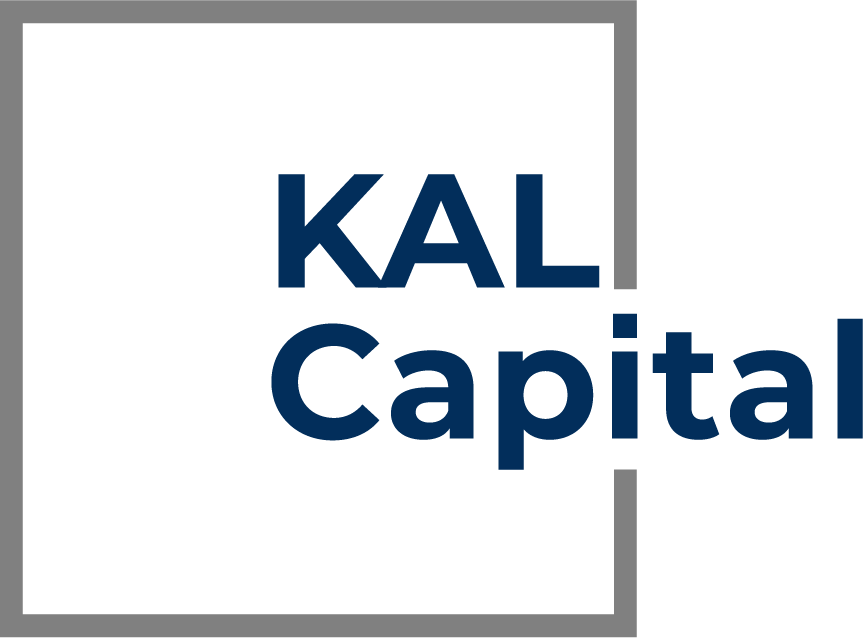While the Raytheon and United Technologies merger had gotten most of the media’s attention, M&A activity for family and private equity-owned defense supply-chain participants has stayed consistent despite COVID-19 challenges. This blockbuster deal may temporarily distract from the reality that defense M&A has seen only a modest slowdown in M&A deals with valuations essentially unchanged from pre-COVID-19 levels. We expect the activity and valuation levels to remain high through the remainder of 2020 but see uncertainty over the next year.
Here’s what we’re seeing now.
Positive Defense News
Though the COVID-19 crisis has slowed numerous deals, defense driven businesses have emerged as one of primary bright spots in the M&A market. The attractiveness of consistent end-market demand has led to unparalleled levels of interest from both strategic and private equity buyers. In an uncertain world, the US defense budget serves as predictable source of revenue and provides certainty of demand trends across various mission-critical programs and platforms.
In the first half of 2020, many defense contractors saw increased revenue and EBITDA. This trend was illustrated by Boeing’s public results where defense revenues have remained stable even when their commercial operations collapse. Indeed, in the case of Boeing, the corporation’s defense business may save the larger company from a COVID-related collapse.
Threats on the Horizon
While defense contracting is generally faring well, it is not immune to threats from COVID-19, nor from the virus’s potentially catastrophic economic aftermath. One of the biggest threats comes from the budget cuts governments may have to make due to decreased revenues and skyrocketing public health costs. In many nations, defense spending is a specific percentage of GDP. Following the Great Recession, many countries slashed defense spending to align with decreases in GDP. That may occur yet again as countries look to rev up health spending and the social safety net at a time of high unemployment. Defense contractors rely on a government commitment to defense. When those commitments change, so too do budgets and the money available to defense contractors.
Governments must find a way to pay for the massive funds allocated to COVID-19 in the form of stimulus checks, health spending, unemployment payments, public health response, and more. Defense will probably be safe over the short-term, but over time, governments will likely face high pressure to cut their budgets. For the US politics, it appears that early polling results are signaling a difficult road to re-election for the Trump Administration, while at the same time, the Democratic Party appears to be moving towards a more progressive viewpoint. Both of these developments will create uncertainty for DoD spending and simultaneously raise concerns about increasing tax rates of capital gains events.
In conclusion, we expect the current strength of the defense-focused M&A market and the uncertainty created by the current political environment to result in strong activity levels from owners of defense businesses. We at KAL Capital are witnessing this trend in real time as we have a number of defense transactions “in the market” that are being extremely well received by the private equity community.
